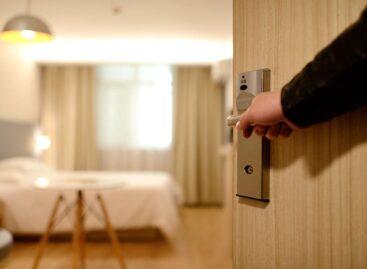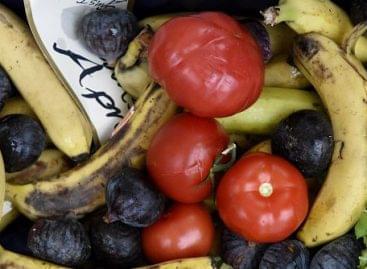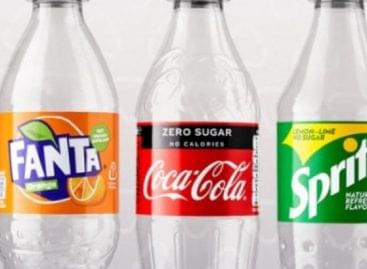Ho.Re.Ca. Coffee Market in Central Eastern Europe Despite the Crisis
The Ho.Re.Ca coffee market in the CEE countries, including Hungary, Czech Republic, Slovakia, Slovenia, Croatia, Serbia, and Bosnia, has demonstrated significant recovery since the aftermath of the Corona pandemic. In 2023, manufacturer revenues in the region reached 217.4 million EUR, surpassing the pre-pandemic level of 2019 (206.4 million EUR). Although the market quantity of the CEE gastro coffee market increased by 27.1% in 2022, sales fell by 1.8% to 13,343 tons in 2023, as a current study by Interconnection shows.

Hungary’s Coffee Makers Bake Smaller Bread Rolls
Hungary, in particular, poses challenges as its Ho.Re.Ca coffee market contracted by 17.0% in quantity. Manufacturer revenues decreased moderately by 2.2% to 24.7 million EUR in 2023. Double-digit inflation rates in Hungary led to real wage losses and people were obviously saving money on the small luxury coffee. Conversely, Croatia experienced positive growth in 2023 and the market increased by 4% to 2,500 tons. The trend was supported by high tourist spending’s as tourism achieved record-breaking overnight stays.
Ground Coffee Still Important in Czech Republic and Slovakia
Country-specific differences add complexity, with the market share of ground coffee notably higher in the Czech Republic (2023: 10.5%) and Slovakia (2023: 9.9%) compared to the CEE region’s average across all seven countries. Croatia, Slovenia, Serbia, and Bosnia maintain a ground coffee market share of less than 3% in 2023. The aggregated market share for ground coffee in the CEE region will continue to decline by 2027. On the other hand, whole bean coffee accounts for the majority of the Ho.Re.Ca coffee market and will expand market share to 93.5% by 2027. Additionally, the bakery & confectioner market segment (CEE aggregated average 2023: 7.4%) plays a substantial role in Hungary, Slovakia, and the Czech Republic, distinguishing them from the other CEE countries.
Julius Meinl Maintains a Strong Presence
Major players in the surveyed seven countries include Atlantic Grupa, Franck, Jacobs Douwe Egberts, Julius Meinl, and Lavazza. Julius Meinl maintains a strong presence across all seven countries, while Franck excels in Croatia, Slovenia, and Bosnia. The overall market analysis reveals a significant market share held by smaller players, indicating lower barriers in the Ho.Re.Ca segment compared to the retail sector, as explained by Laszlo Barla, the author of the study.
Laszlo Barla remarked, “Our comprehensive analysis sheds light on the nuances of the Ho.Re.Ca coffee market in Central Eastern Europe. Understanding these dynamics is crucial for businesses aiming to navigate these diverse and evolving markets.”
Related news
Tourism produced a strong eight months – MBH quick analysis
🎧 Hallgasd a cikket: Lejátszás Szünet Folytatás Leállítás Nyelv: Auto…
Read more >More from less – this is how the world is cooking in 2025
🎧 Hallgasd a cikket: Lejátszás Szünet Folytatás Leállítás Nyelv: Auto…
Read more >Inflation remained unchanged in August
🎧 Hallgasd a cikket: Lejátszás Szünet Folytatás Leállítás Nyelv: Auto…
Read more >Related news
Business sentiment improved slightly in September in the euro area and the EU
🎧 Hallgasd a cikket: Lejátszás Szünet Folytatás Leállítás Nyelv: Auto…
Read more >Our food waste has decreased by a third in the last 8 years
🎧 Hallgasd a cikket: Lejátszás Szünet Folytatás Leállítás Nyelv: Auto…
Read more >PET bottles get a new look: 25% recycled content mandatory from January
🎧 Hallgasd a cikket: Lejátszás Szünet Folytatás Leállítás Nyelv: Auto…
Read more >






